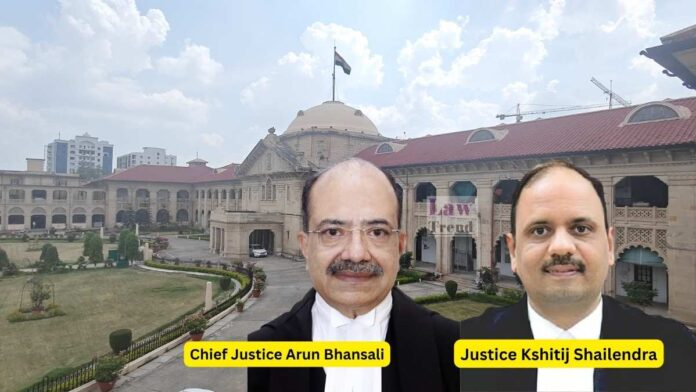The Allahabad High Court has delivered a significant judgment prohibiting the use of immovable properties of educational institutions, including their playgrounds, for any commercial purposes such as fairs, exhibitions, or trade shows. A Division Bench comprising Chief Justice Arun Bhansali and Justice Kshitij Shailendra directed the Uttar Pradesh State Government to issue a clear circular




